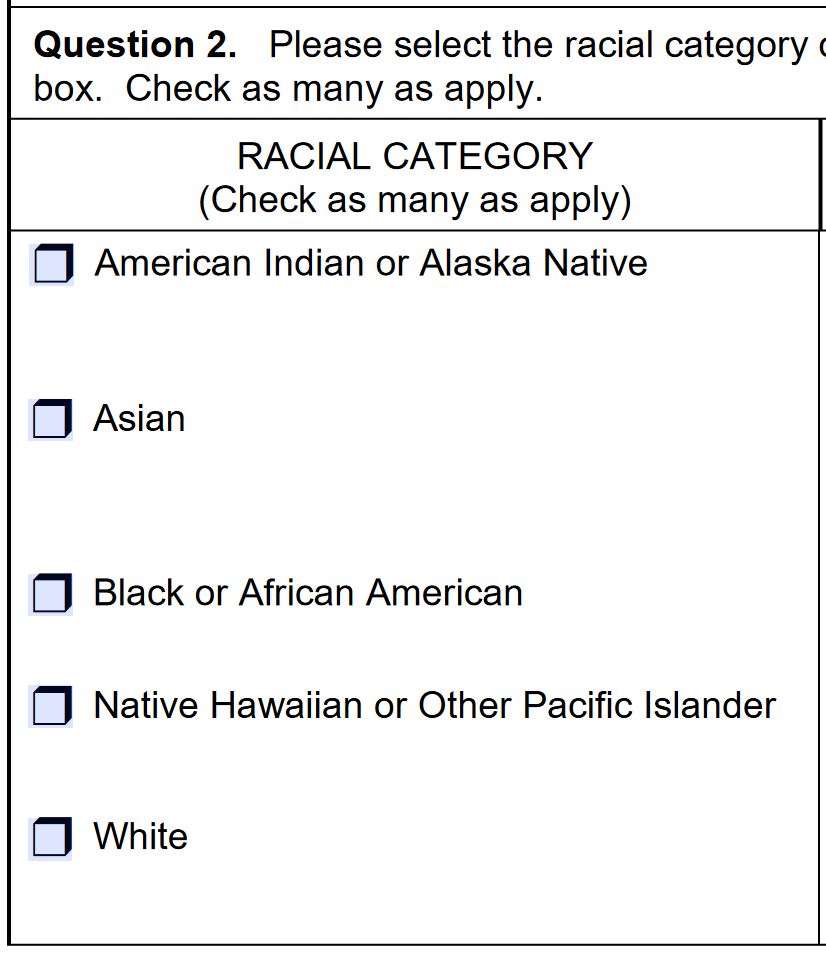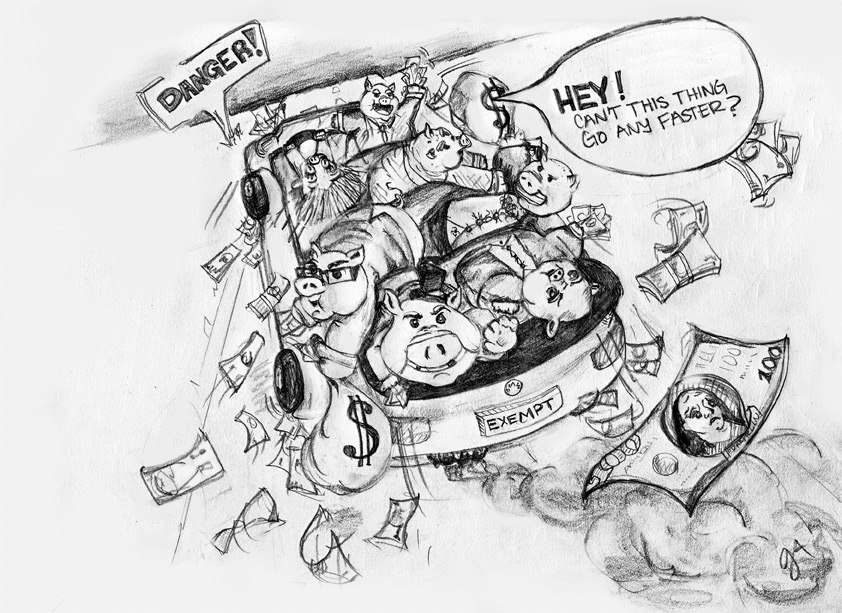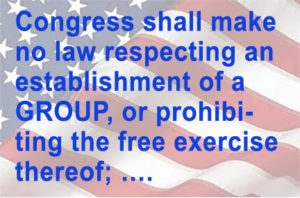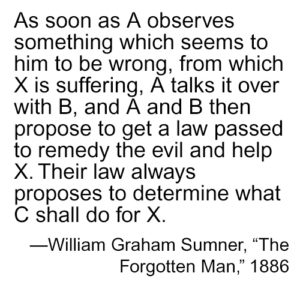In August of 1619, a ship appeared on this horizon, near point comfort, a coastal port in the English colony of Virginia. It carried more than 20 enslaved Africans, who were sold to the colonists. No aspect of the country that would be formed here has been untouched by the years of slavery that followed. On the 400th anniversary of this fateful moment, it is finally time to tell our story truthfully.
The New York Times Magazine
Anti-Racism as a New Religion
In the vacuum created by the decline of traditional religion in America, a new religion is taking the world by storm. This is the religion of anti-racism. If Americans can come to a consensus on anything today, it is that slavery and racism are wrong. The popularity of the best-selling book How to Be an Antiracist by Ibram X. Kendi and the 1619 Project of the New York Times led by reporter Nikole Hannah-Jones attest to the strong desire of Americans to address the legacy of racism.
These popular narratives share themes with a large number of courses on Critical Race Theory taught in major universities that
“view racism as institutional and as baked into both American law and society…. that doctrines such as the intent requirement (the idea that discrimination must be intentional in order to be actionable) as overly narrow and reformist rather than structural in nature.”1Introduction to UCLA course Law 266, Critical Race Theory, https://law.ucla.edu/academics/curriculum/critical-race-theory
Critics of critical race theory argue that it is a narrative disconnected from reason, science, and neutral principles of constitutional law.2For example, Jeffrey S. Pyle wrote in the Boston College Law Review (Vol. 40, p. 788), “Critical race theorists attack the very foundations of the liberal legal order, including equality theory, legal reasoning, Enlightenment rationalism, and neutral principles of constitutional law. These liberal values, they allege, have no enduring basis in principle, but are mere social constructs calculated to legitimate white supremacy.” This criticism describes the way Critical Race Theory is used and taught today, because its doctrines are disconnected from reason and evidence if not opposed to science, and even math,3https://www.hoover.org/research/seattle-schools-propose-teach-math-education-racist-will-california-be-far-behindseattle as a form of white supremacy. But critical theory is not possible without reason, science, or the Enlightenment, and proponents of Critical Race Theory who say otherwise reveal an ignorance of critical theory.
Continue reading →










